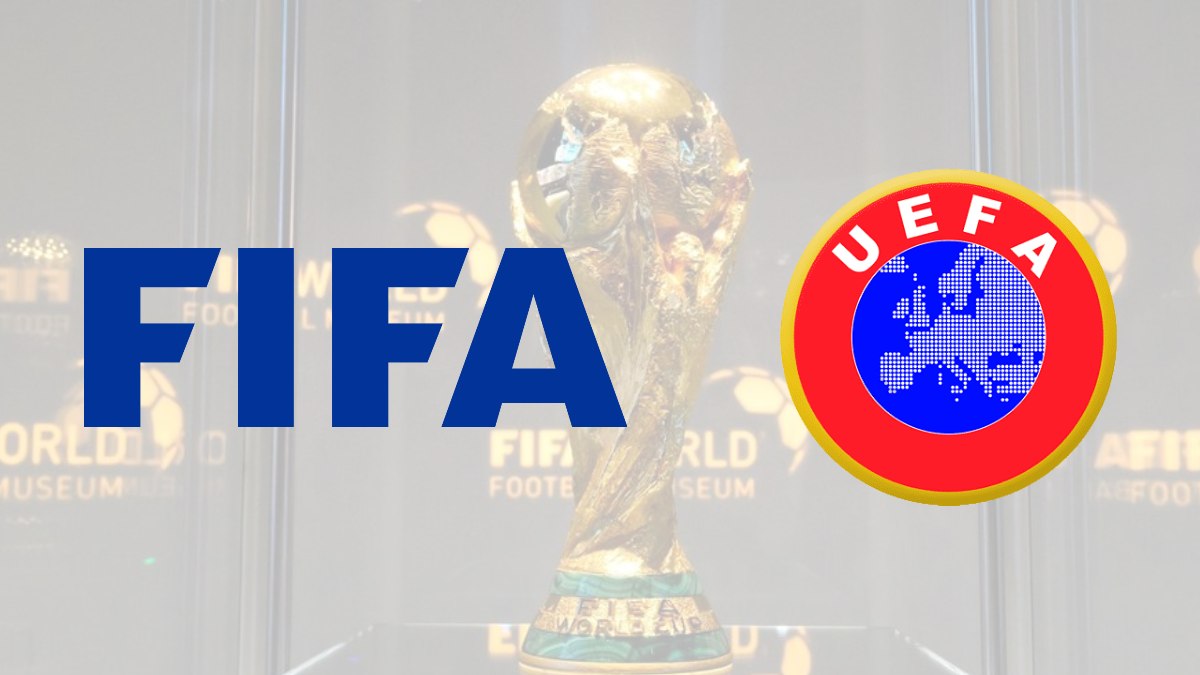With FIFA planning to host the World Cup every two years, it also brings concerns for the other domestic and international leagues. As they would then be competing with the World Cup for fan attention and player participation.
Major soccer governing bodies such as Europe’s UEFA and South America’s CONMEBOL have opposed this move by FIFA.
Currently, the situation is such that both Europe and South America combine for 65 of FIFA’s 211 affiliated associations, just short of the one-third needed to block any proposal, but UEFA and CONMEBOL have threatened to boycott additional World Cups should FIFA enact the proposal.
With FIFA depending heavily on the World Cup for revenue, the governing body generally typically posts losses three years out of four and makes it up in World Cup years. The organization took in $6.4 billion from 2017-2020, over 70% of which came in from the 2018 World Cup.
UEFA has a much steady revenue stream as it earned between $2 billion and $3.5 billion each year from 2017-2020 for a total of $12.5 billion.
UEFA President Aleksander Ceferin had shown grave concerns over FIFA’s plans of the biennial World Cup and had written a letter to Ronan Evian, Executive Director of Football Supporters Europe stating that “UEFA and its national associations also have serious reservations and grave concerns surrounding reports of FIFA’s plans.”
“Considering the major impact this reform may have on the whole organisation of football, there is widespread astonishment that FIFA appears to be launching a PR campaign to push its proposal whilst any such proposals haven’t been presented to confederations, national associations, leagues, clubs, players, coaches, clubs and all the football community.”
All the major international women’s tournaments like the World Cup and the European Championship are currently held in odd-numbered years, while the men’s World Cup and Euros are held in even-numbered years. With this new proposal in place, the men’s tournament would be featured every year, which would deny the clear summer focus to promote the growth of the women’s game. A World Cup would also clash with the Olympics, unlike now.

